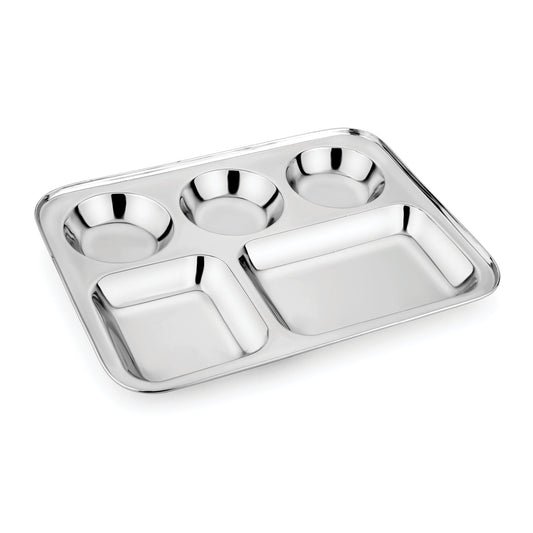The cafeteria is the greatest source of a school’s carbon emissions AND a big source of chemical exposure harmful to student health.
Research shows that plastic is contributing to these growing health trends in children:
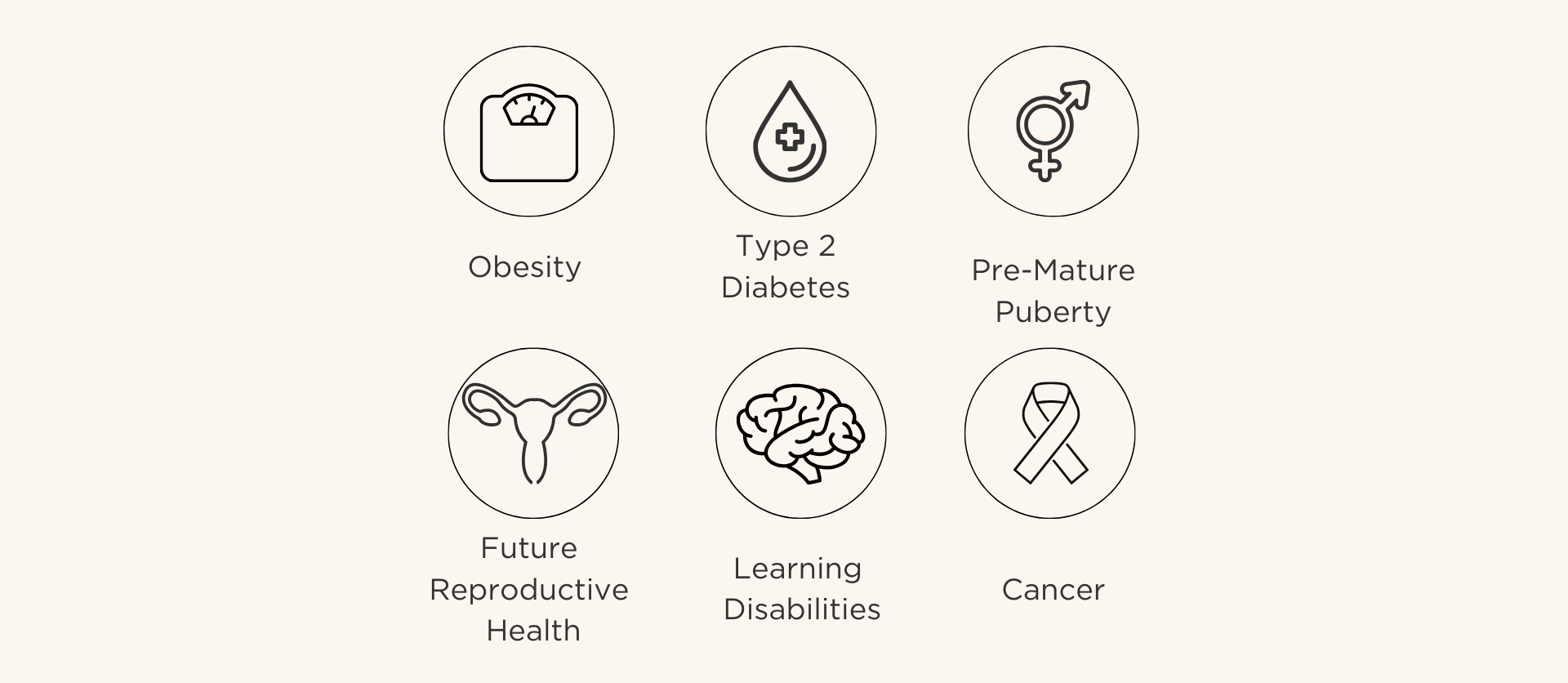
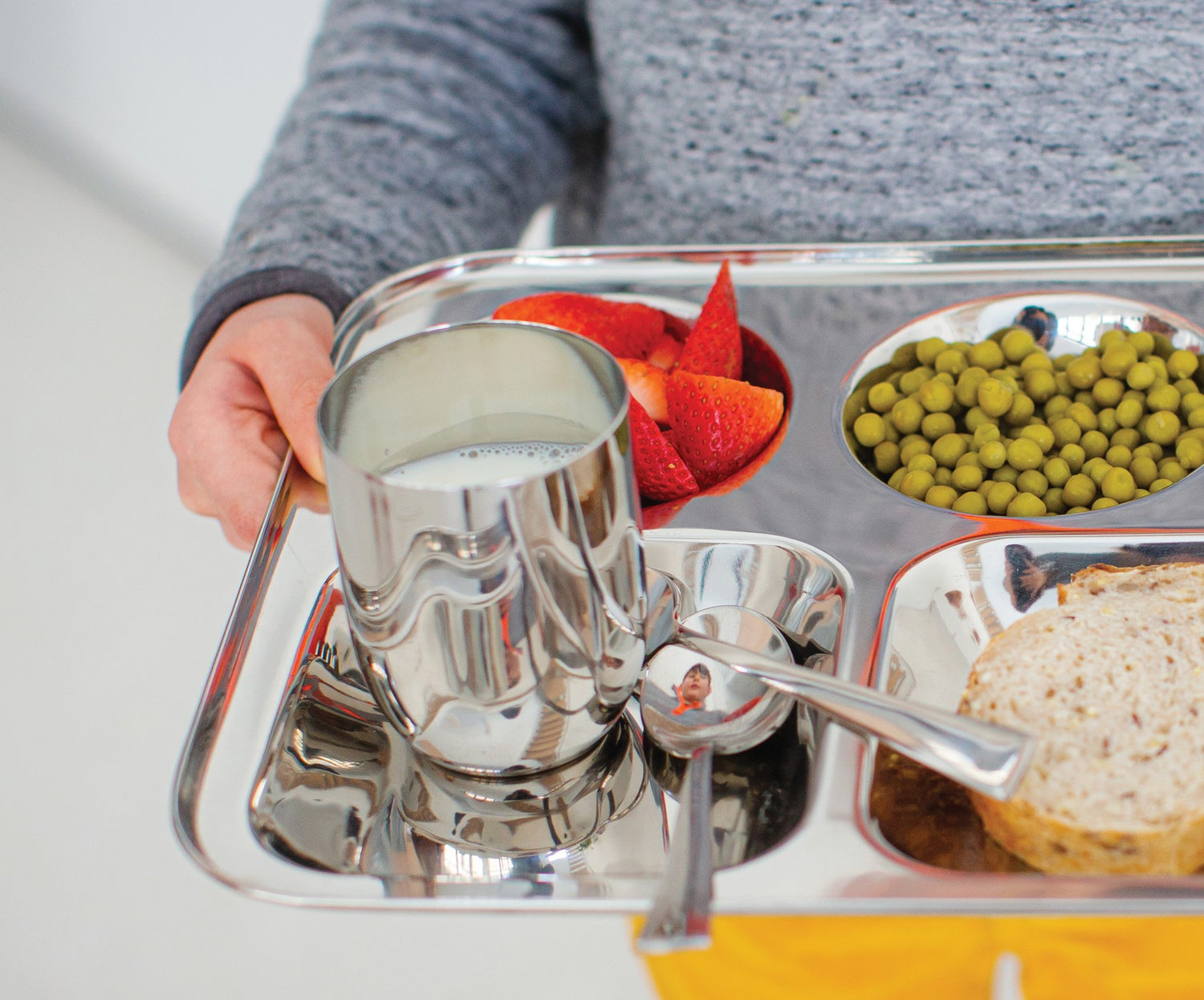
The Conscious Cafeteria
We are decarbonizing schools cafeterias and improving student health and environmental health knowledge through our reusable foodware and customized educational curriculum.
Plastic is a global threat to human health
-
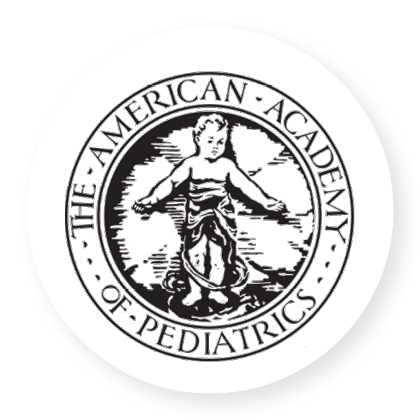
The AAP released a statement saying that chemicals in plastic harm children’s hormones, growth and brain development.
-

“The impacts of plastic production and pollution on the triple planetary crisis of climate change, nature loss and pollution are a catastrophe in the making,” the UN agency said, “with exposure to plastics harming human health...”
-

“Plastics contain and leach hazardous chemicals, including endocrine-disrupting chemicals (EDCs) that threaten human health.”
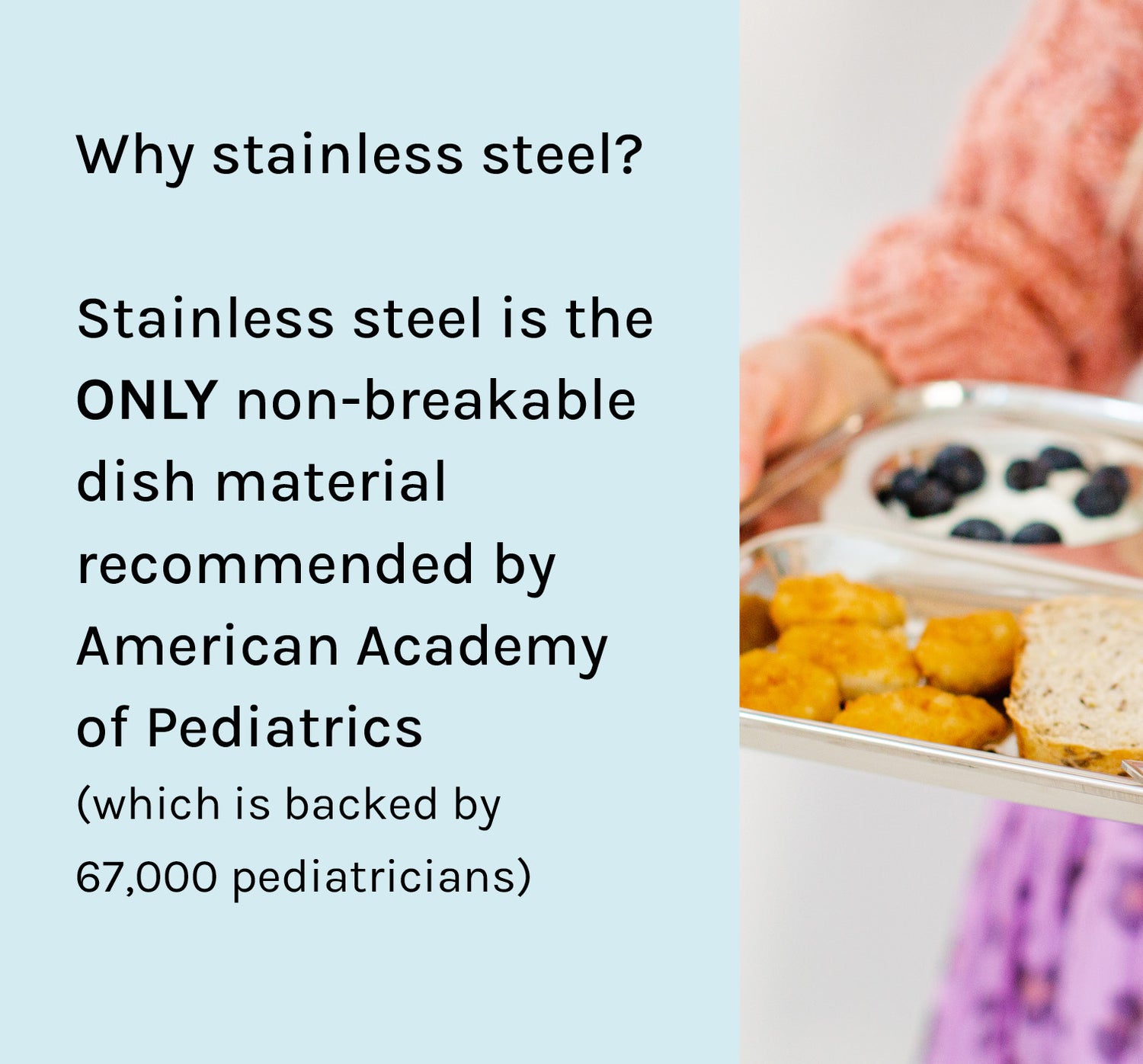
Stainless steel is the ONLY non-breakable dish material recommended by the American Academy of Pediatrics (which is backed by 67,000 pediatricians).
Plastic is a global threat to our planet
-

School cafeterias are one of the US’s highest contributors to plastic waste. By one measure, schools in the US contribute to 3 billion pounds of lunchroom waste annually.
-

In the UK, polluting single use plastics will be banned beginning October 2023.
-

The impacts of plastic pollution start with how plastics are made. “The plastics industry is the fastest-growing source of industrial greenhouse gases in the world...”
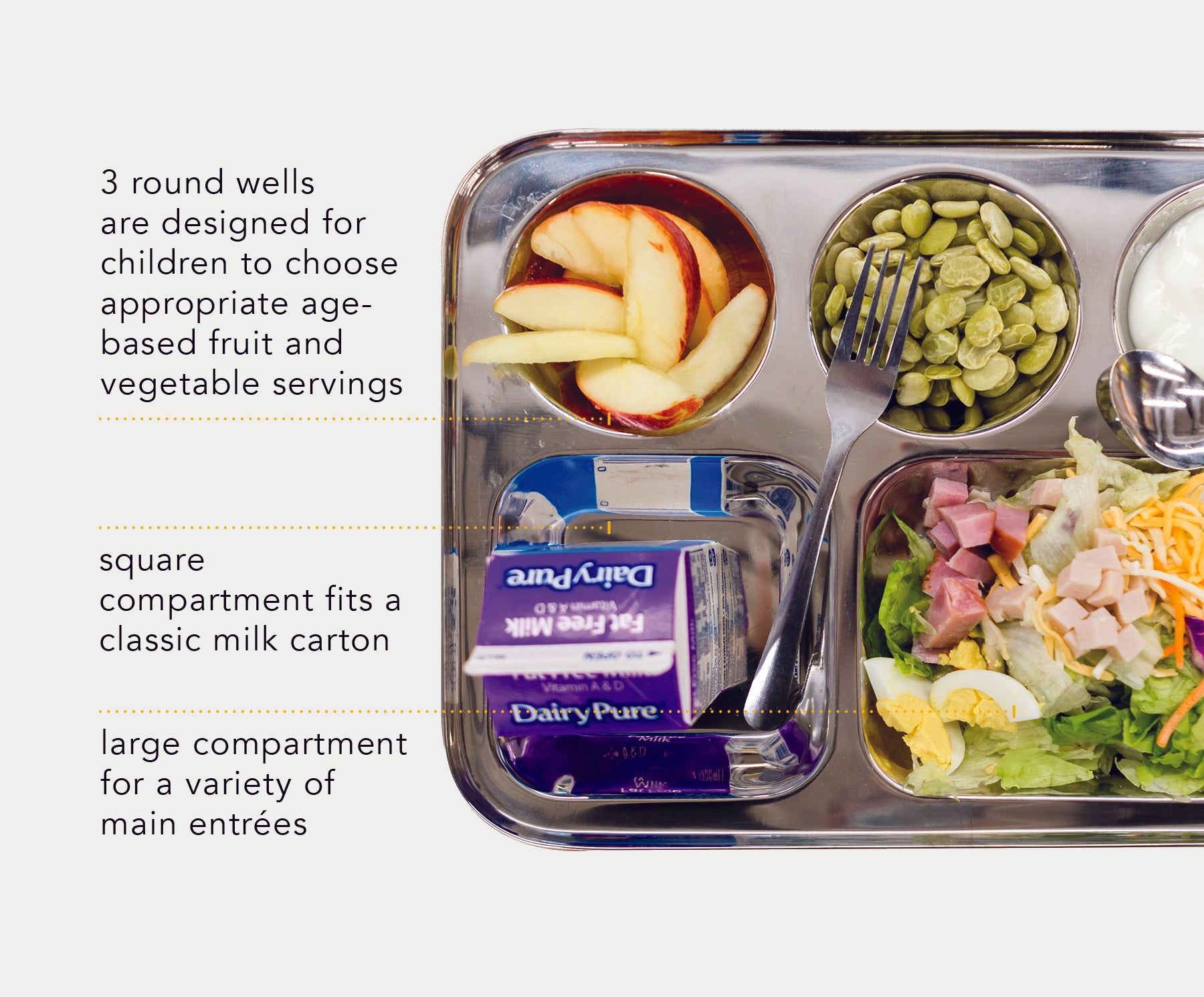
The Commercial and Early Childhood Lines
-
Cafeteria Tray
Regular price $8.85 USDRegular priceUnit price / per -
 Sold out
Sold outCompartment Plates
Regular price $9.90 USDRegular priceUnit price / per
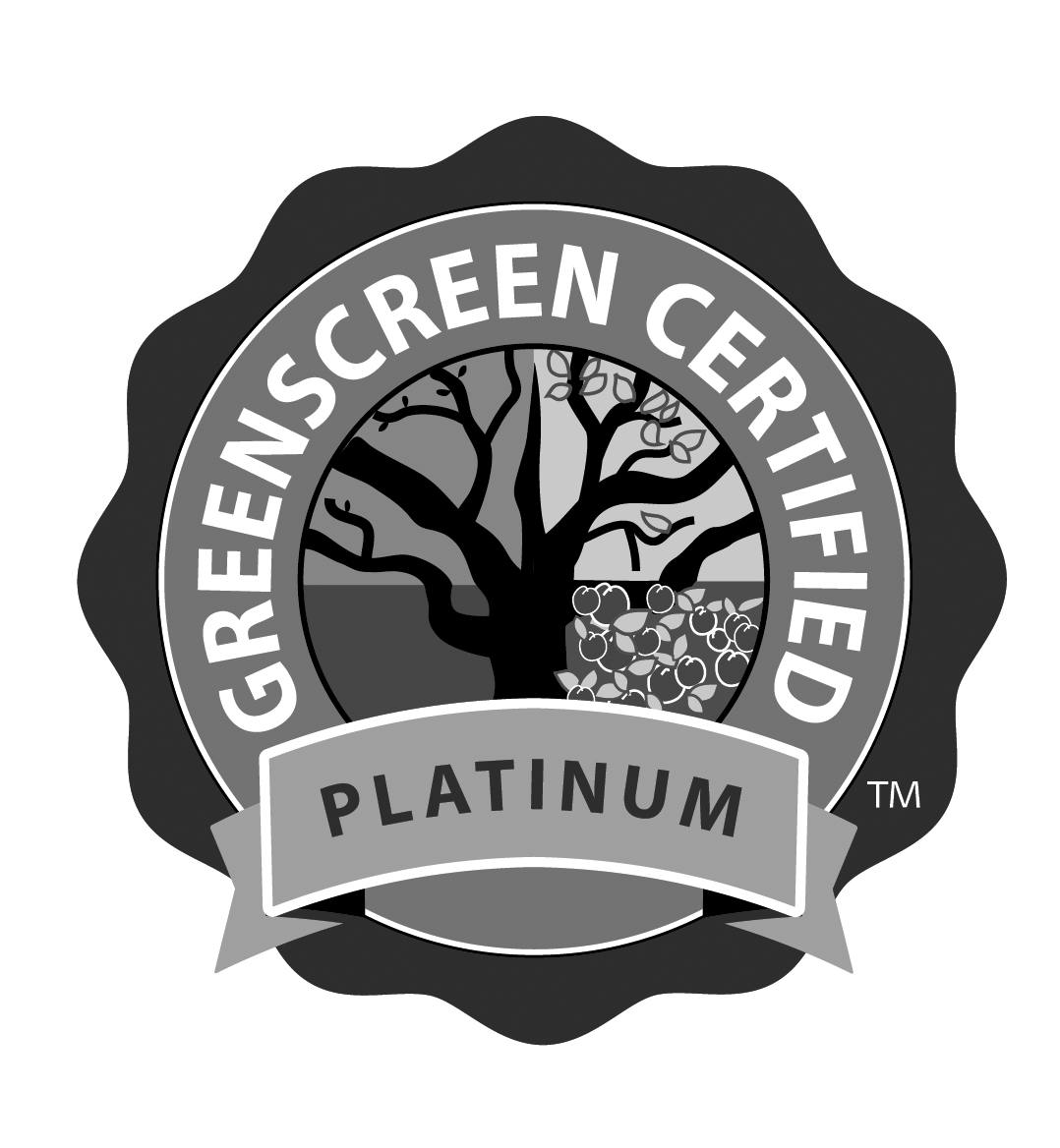
GreenScreen Certified
Our cafeteria tray is GreenScreen Certified, which means it has been thoroughly tested and achieved the GreenScreen Standard for Reusable Food Packaging. This certification sets a new safety standard for products that do NOT contain PFAS and other harmful chemicals.
